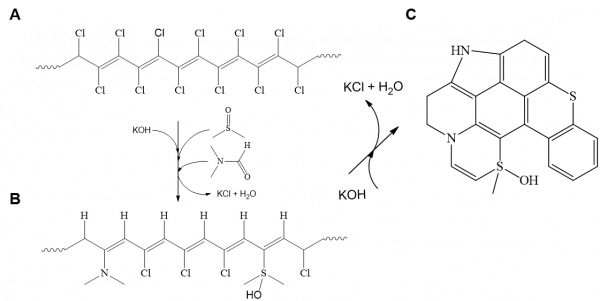Carbon4Energy
简介 We Provide Carbon-Based Chemical Solutions for Energy Conversion and Storage
分享到
Polymer Dehalogenation-Enabled Fast Fabrication of N,S-Codoped Carbon Materials for Superior Supercapacitor and Deionization Applications
2017
期刊
ACS Applied Materials & Interfaces
作者
Yingna Chang
· Guoxin Zhang
· Biao Han
· Haoyuan Li
· Cejun Hu
· Yingchun Pang
· Zheng Chang
· Xiaoming Sun

- 卷 9
- 期 35
- 页码 29753-29759
- American Chemical Society (ACS)
- ISSN: 1944-8244
- DOI: 10.1021/acsami.7b08181
